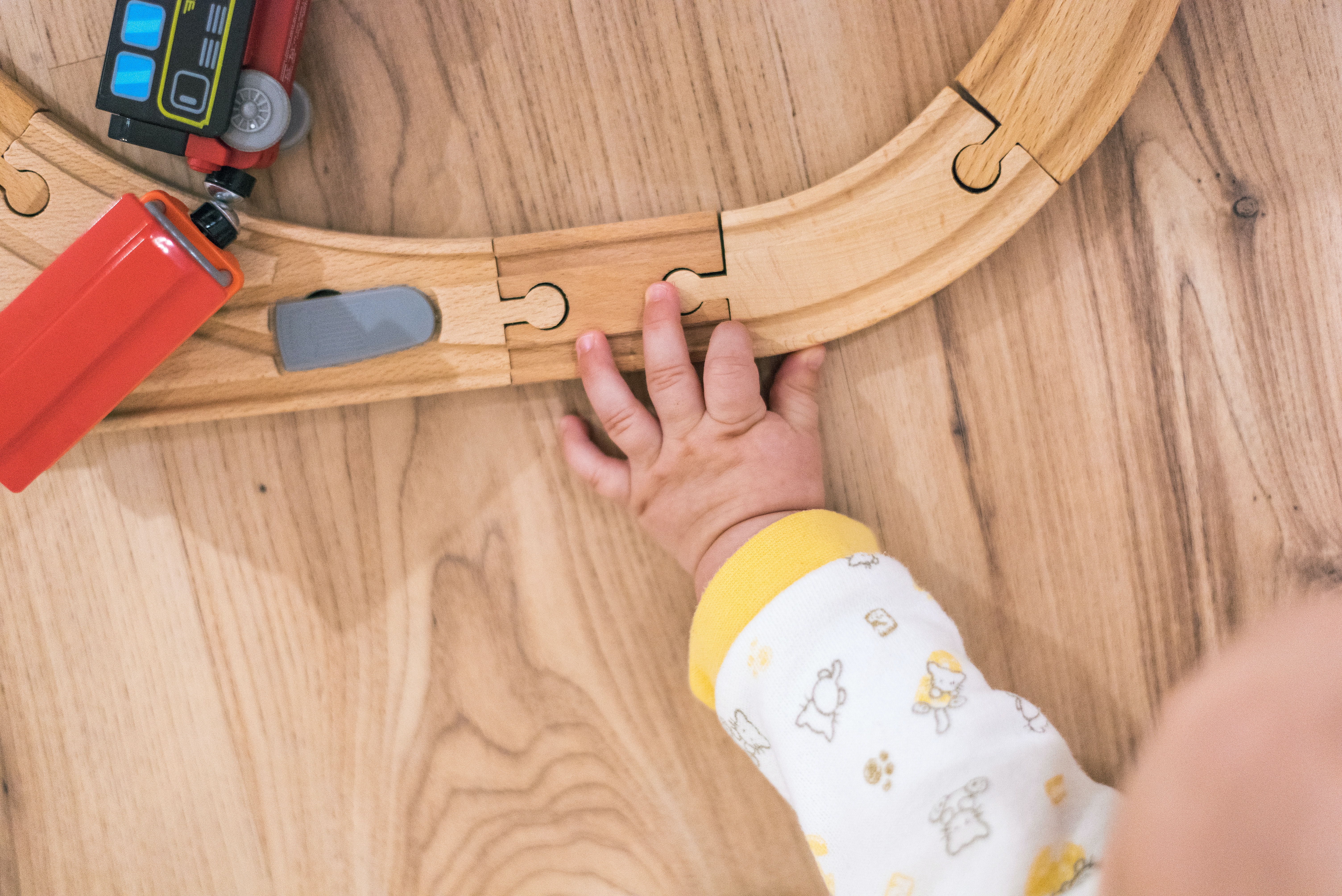Glued vinyl flooring is growing in popularity among homeowners and business owners. It is cost-effective and comes in a variety of designs, making it a versatile flooring choice. However, while it has many benefits, it also has disadvantages. In this blog post, we'll discuss the pros and cons of glued vinyl flooring to help you make an informed decision about whether it's right for you.
benefit
1. Durability: One of the most notable advantages of glued vinyl flooring is its durability. It can withstand heavy foot traffic and is resistant to scratches and stains. This makes it an excellent choice for high traffic areas such as kitchens, hallways and entryways.
2. Easy to install: Another advantage of glued vinyl flooring is that it is easy to install. It can be installed by a professional or someone with basic DIY skills. The adhesive used to install it creates a strong bond between the floor and subfloor, ensuring it will last for many years.
3. Variety: Glued vinyl flooring comes in many styles, colors and patterns. This means you can find vinyl flooring to suit any design style or decor scheme. Whether you're looking for a traditional or contemporary look, there's something for you.
4. Low maintenance cost: Glued vinyl flooring is low maintenance. It wipes clean easily with a damp cloth and is water and stain resistant. This makes it an ideal flooring choice for homes with children and pets.
5. Affordable: Compared to other flooring materials like hardwood and tile, glued vinyl flooring is an affordable option. This is a great way to get the look of more expensive materials without the high price tag.
shortcoming
1. Hardness: Although glued vinyl flooring is durable, it is relatively stiff compared to other flooring materials such as carpet. This means standing for long periods of time can be uncomfortable. Adding an area rug can help cushion the floor and make it more comfortable underfoot.
2. Limited DIY options: While it is possible for someone with basic DIY skills to install glued vinyl flooring, there is a limit to what can be done. For example, it can be difficult to get around corners and other obstacles, so it's best to have it installed by a professional.
3. Not heat resistant: Glued vinyl flooring is not heat resistant, which means it can be damaged by extreme temperature changes. This can be a problem if you have underfloor heating or if you live in an area with wild temperature swings.
4. Not Eco-Friendly: Glued vinyl flooring is not eco-friendly. It's made from petroleum-based chemicals that release volatile organic compounds (VOCs) into the air. If you are concerned about the environment, you may want to consider other flooring options.
5. Can be slippery: Laminated vinyl floors can be slippery, especially when wet. This can be a hazard, especially in high-traffic areas like kitchens and bathrooms. Adding non-slip pads or mats to these areas can help reduce the risk of slipping and falling.
Glued vinyl flooring is a popular flooring choice, and for good reason. It's durable, affordable, and available in a variety of styles. However, it's not without its drawbacks. It's hard underfoot, not environmentally friendly, and slippery when wet. Whether bonded vinyl flooring is the right choice for you depends on your specific needs and preferences. If you're looking for a low-maintenance, affordable, and durable flooring option, then glued vinyl flooring might be right for you. However, if you are concerned about the environment or need a softer, more comfortable floor, then you may want to consider other options.
Post time: Apr-18-2023

